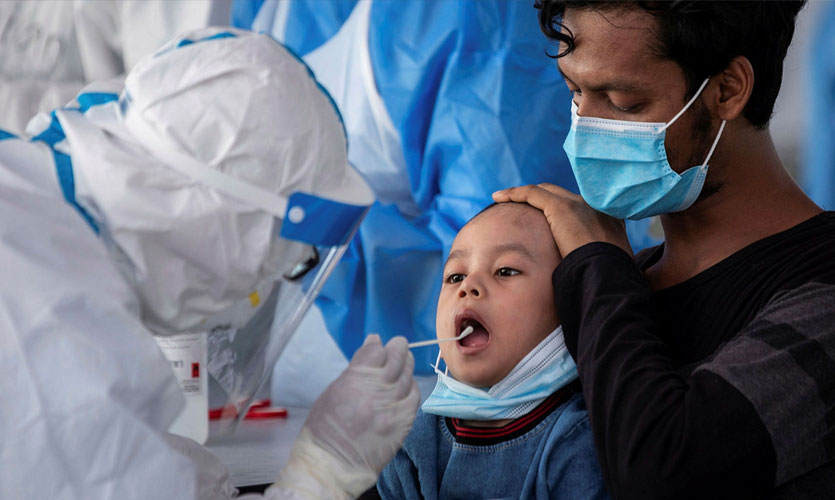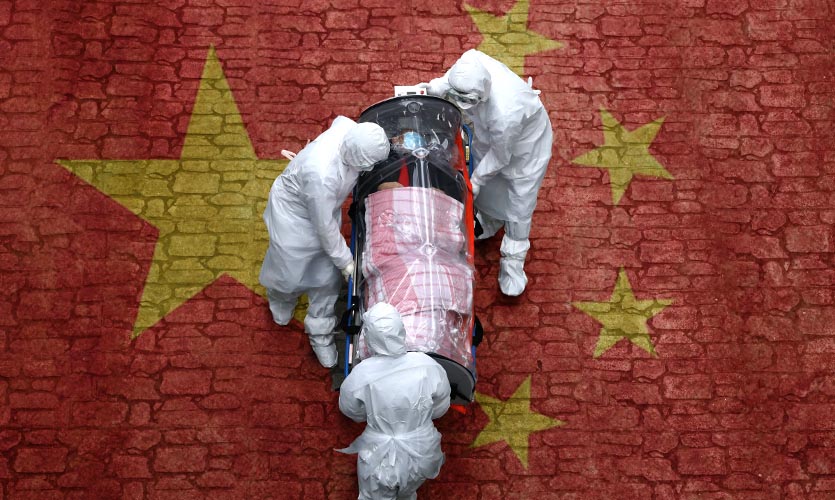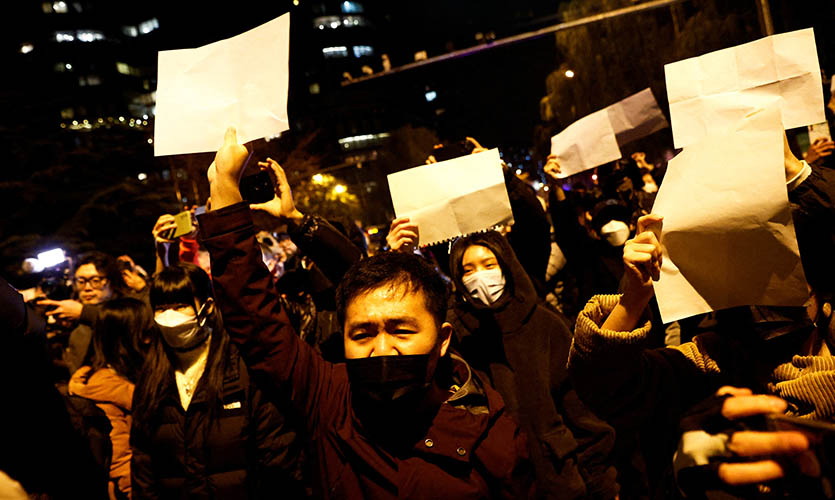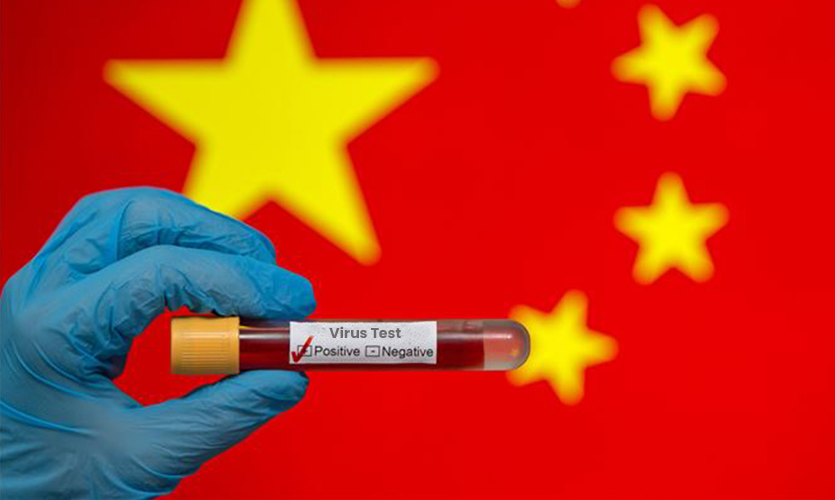At a time when the country is still battling the second COVID-19 wave, health experts are urging that the country should be ready for the third wave, as it could impact children if not effectively dealt with.
At least 8,000 children and teenagers tested positive for coronavirus in Ahmednagar this month, accounting for nearly 10% of the cases in the district. The virus was detected in more than 50 children in Mizoram on Friday, bringing the total to 13,064, an official said. As many as 2,209 children aged less than five years contracted the virus in Andhra Pradesh. In East Godavari, the major hotspot of the state, around 4,200 children were found to have been infected with COVID-19. In another major disease cluster, Chittoor, about 3,800 kids developed the novel coronavirus disease.
While the numbers are increasing with every passing day, states are preparing to tackle the surge in their own ways. For instance, Madhya Pradesh Chief Minister Shivraj Singh Chouhan said that parents of kids under 12 years of age will receive COVID-19 vaccinations on a priority basis to curb the pandemic. In order to combat sudden surges in crimes against children in Mumbai, COVID facilities that resemble nurseries have been built. Despite this, nothing concrete has been done in terms of providing vaccinations to children under 18.
What Are The Recent Developments?
According to India Today, while the UK has approved the use of Pfizer’s COVID-19 vaccine for children over 12 years of age, the Indian government has said that clinical trials of Covaxin and the Zydus vaccine are underway across the country. In response to a question regarding the use of vaccines on children, Dr. V.K. Paul, Member (Health), Niti Aayog replied that trials to test children’s immunity to vaccines were ongoing.
“Zydus vaccine is already being tested on children. So, when Zydus applies for a license of its COVID-19 vaccine, probably in the next two weeks, maybe we have enough data to also take a view on whether that vaccine can be given to children. These matters are being continuously deliberated,” said Dr. Paul, indicating that the Zydus vaccine is a potential vaccine to immunise children.
Dr. Paul also mentioned that India will need 25-26 crore doses of mRNA vaccines to vaccinate the children. “My rough analysis is that if it is between 18-12 years, it itself is around 13-14 crore. This means we need 25-26 crore doses. We cannot have some children getting it and others not getting it.”
In a statement, the government also reported that no decision has been made on the issue of indemnification for foreign or Indian manufacturers of the COVID-19 vaccine. “The issue has come up in the context of foreign companies, specifically Pfizer, and that the government is engaging with the US pharma major and others making such a demand,” said Dr. Paul. In addition, an article by the Mint reported that the Serum Institute of India (SII) wants indemnity from liability for its COVID-19 vaccine, applying the rules equally to all.
Does This Help The Current Situation?
Unfortunately, the current developments do little to help, since they do not provide any solution for young patients who are already infected. Dr. Amin Kaba, Consultant Paediatrician, Masina Hospital, in an interview with Outlook India, mentioned that there appear to be more children with COVID symptoms during the second wave. While very few children suffer from serious complications, Dr. Kaba believes that the current strain has a tendency to spread faster and affect an entire family at once.
In some parts of the world, there are studies estimating there were fewer than two children out of every million who died from COVID. An Israeli study also confirms this fact by showing that children younger than the age of nine, do not play a role in spreading the virus. NDTV in conversation with AIIMS chief Dr. Guleria reflected on the studies, emphasising that children are usually protected and can suffer mild infections even if they catch COVID-19.
According to the World Health Organization’s (WHO’s) top vaccine expert, immunising children against coronavirus has “not been a top priority” because of the short supply of vaccines worldwide.
“Vaccinating children is not regarded as a priority from a WHO perspective,” said Dr. Kate O’Brien, as reported by the Indian Express. Even as more and more richer countries are allowing teenagers and children to receive COVID-19 shots, according to her, the vaccine will mostly be aimed at stopping transmission, not at protecting children from health problems caused by COVID-19.
According to a Reuters report , Germany has already begun vaccinating children and will offer the first shot on June 7 to children aged 12-16, while Poland will offer shots to children aged 12-15 on the same date. A report from Lithuania’s news site Delfi states that the country may start vaccinating children as young as 12 in June. Vindobona reports that Austria aims to vaccinate 340,000 children by the end of August. On May 26, the Philippines approved Pfizer-BioNTech’s vaccine for emergency use in children aged 12-15. In early May, Canada approved the use of Pfizer’s vaccine for children.
Many parts of the world have yet to receive dosages for older and more vulnerable people, despite the WHO recommendations to offer a shot to the COVAX program rather than vaccinating teenagers.
Read more about how the union health ministry intends to roll out 120 million vaccine doses in June.
What Precautions Should Be Taken If A Child Tests Positive?
Children need to be monitored by their parents and examined regularly by their doctors. Emergency visits would be necessary if the child is very lethargic and not eating properly because of a fever that has lasted more than five days. In such a case, monitoring your child’s temperature is necessary, and administering paracetamol every 4 to 6 hours based on his/her weight will be helpful.
The child’s caretaker should take proper precautions, such as wearing masks, sanitising, and using a PPE kit if possible. In order to prevent the child from becoming a danger to vulnerable populations like chronically ill patients or elderly grandparents, they must be isolated immediately.










